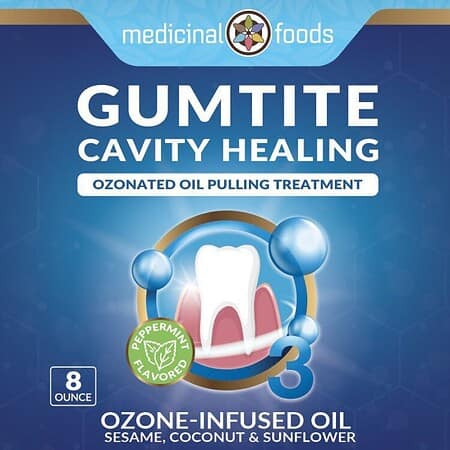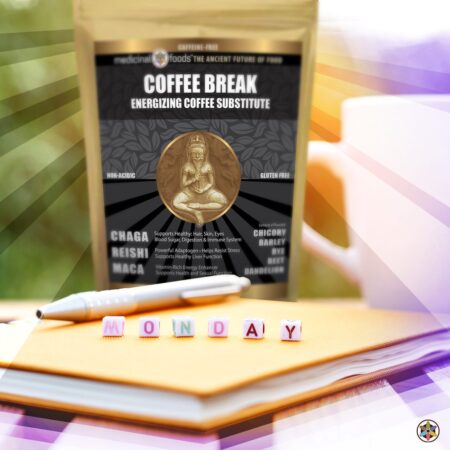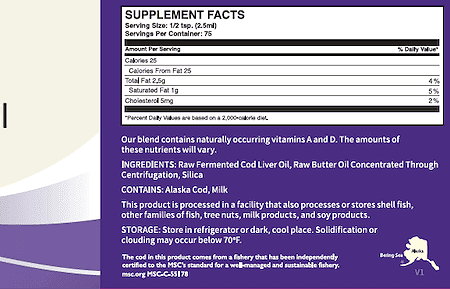Cream is an important part of a good latte and we’ve got info on a good coffee creamer substitute.
Cappuccino and latte macchiato lovers who can’t or don’t want to use animal milk can implement vegetal milk to their morning daily beverage.
What can I use as a substitute for coffee creamer?
In recent years, the use of plant-based milks has exploded. Many people are trying to reduce their intake of animal products and the specialty coffee market is no exception.
Whether you choose a non-dairy milk for ethical, health or other reasons, it’s important to find a type that doesn’t override the subtleties of your coffee.
Even though plant-based milks can be up to five times more expensive than cow’s milk, if you are vegan or are lactose intolerant, you will probably invest in your well-being. Plant-based milks can be used as coffee creamer as well, and it doesn’t mean losing quality.
Why invest in great beans and extraction techniques to make an espresso-based drink so it tastes bad in the end? Starting to understand the differences between plant-based milks may help you create a delicious beverage.
If you’re a fan of the classic café latte, it pays to consider other options than dairy, such as coconut milk. More full-bodied than cow’s milk, even the whole type, coconut milk is fresh, especially if you make it at home, and has a slightly sweet flavor, pairing well with coffee.
Although, it is precisely this sweetness that can mask the flavor. In this case, it would be a good option for you to combine it with a cup of espresso, for example. It’s a strong, acidic coffee, and if these are characteristics you don’t like, this sweeter milk would serve to soften those points.
Natural coffee creamer substitute
Another possibility is to mix it with powdered coconut milk, an option that offers a slightly sweet taste to the coffee, making the mixture creamier. In both types, it is important not to add sugar or reduce the portion of sweeteners, preferring natural ones, if it is the case, such as honey, brown sugar and maple syrup.
Soy milk, without a doubt, is the best-known plant-based milk consumed by those who do not eat anything of animal origin. It’s great not only for those who want to avoid dairy, but also for people with nut allergies.
It is also widely available, but depending on the manufacturer and additives, soy may or may not vaporize very well.
Experts say it’s a great liquid with a very pleasant, neutral flavor, although this flavor can vary depending on the brand and quality of the item you choose.
The second favorite consumers option nowadays is the almond milk. Some consumers prefer it because of concerns about soy’s relationship to female hormones. Others are concerned about the use of water in almond farming.
But when it comes to the marriage between coffee and milk, which one makes the perfect match? In this case, almond milk is a product with a very strong nutty taste.
For this reason, the coffee that best suits it are those produced in the South of America. The only problem with it is that in the first few sips it can have a bitter taste, but once you get used to it, it becomes super tasty.
As an option, you can create delicious mixtures from the addition of ingredients such as cinnamon, vanilla and caramel.
Of the ones we’ve already mentioned, oat milk is the most neutral alternative, it is easy to make, and it’s unlikely to overpower the taste of coffee. Depending on the brand, it can match the flavor much better than animal milks.
Therefore, it combines with practically any grain and, in some situations, it is even better than if you were using a whole grain, for example.
Hemp, hazelnut, and cashew milks are often overlooked. Hazelnut has a distinct flavor that can mask or distort the grain’s nuances. And hemp is too watery to vaporize because it does not retain any texture and simply breaks down instantly.
However, it has a neutral taste that allows more prominence to coffee, regardless of the bean you chose. As for cashew milk, it carries a milder flavor than almond milk, but it’s also naturally sweeter, which can be a bad thing when pairing it with coffee. It doesn’t vaporize well either.
These types of milks are less commercially available and can be more expensive than soy, almond and oat products. But, on the other hand, you can easily make it at home.
If you are searching for a substitute to your coffee creamer, you should follow the advice of keeping your mind open and paying attention to a few important things. First of all, remember what you are searching for – a cream that will incorporate well to the coffee enhancing its flavor with an interesting twist, preferably.
Choose milk that does not surpass the coffee flavor and that adds the amount of sweetness that pleases you, after all coffee is a very particular topic and has many different nuances for you to pick from.
Your coffee can be delicious in a whole different way. But if you are searching for the taste of animal milk, it could be a little frustrating in the beginning. But don’t give up!
Now that you understand a bit more about the textures and tastes of plant-based milk, you can venture into the many options available.
Find your best brand – companies have been trying their best to soften the strong tastes of the different types of vegetal milks, and why not starting making your own!
You will be surprise how easy and satisfy it is to make your personal research into the pursuit of the perfect match to your coffee.
Implementing plant-based milk to your coffee can be a perfect coffee creamer substitute and adds little difficulty, keep experimenting different combinations. Certainly, you will find your favorite and see that this combination is great.


























